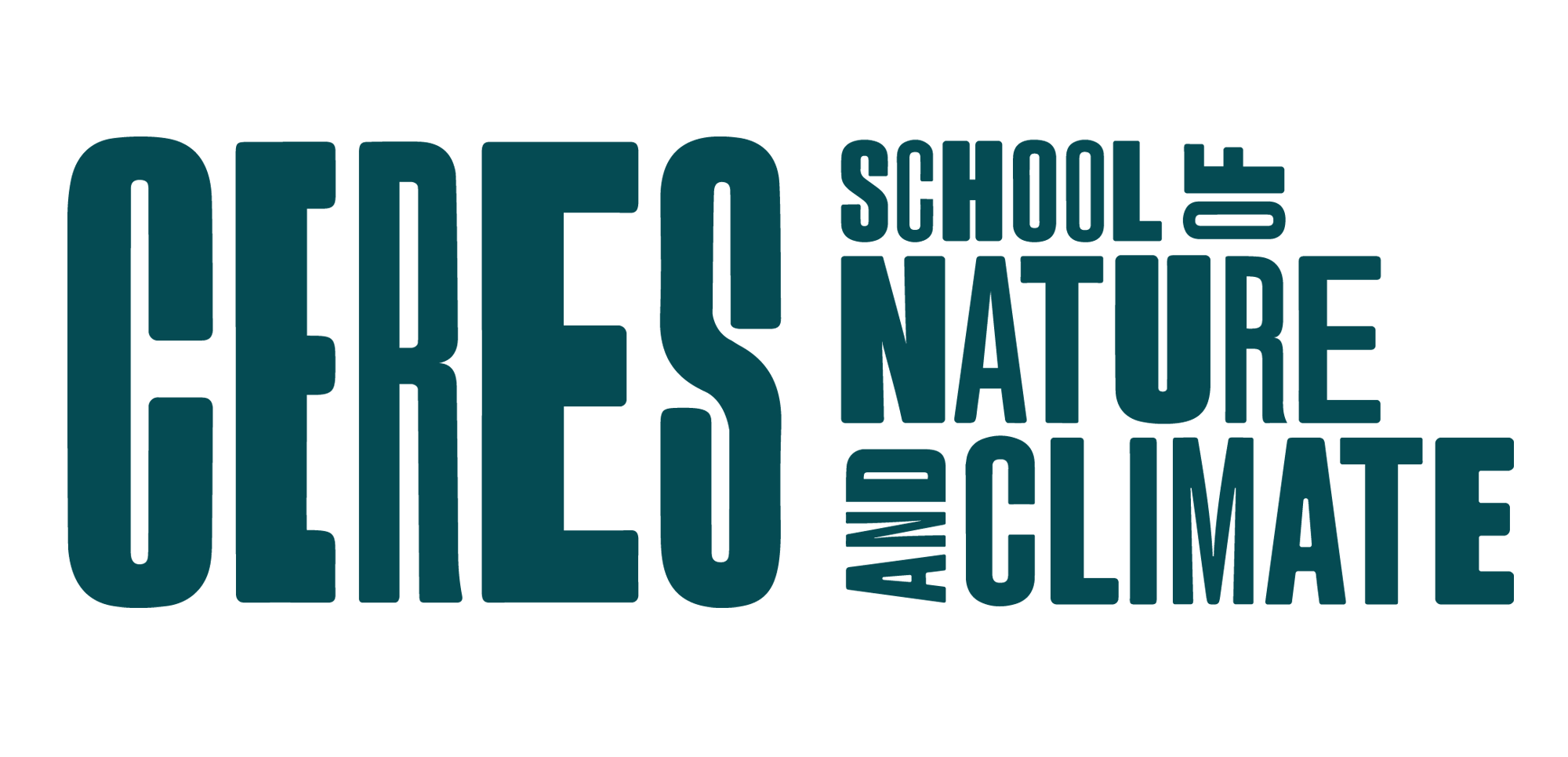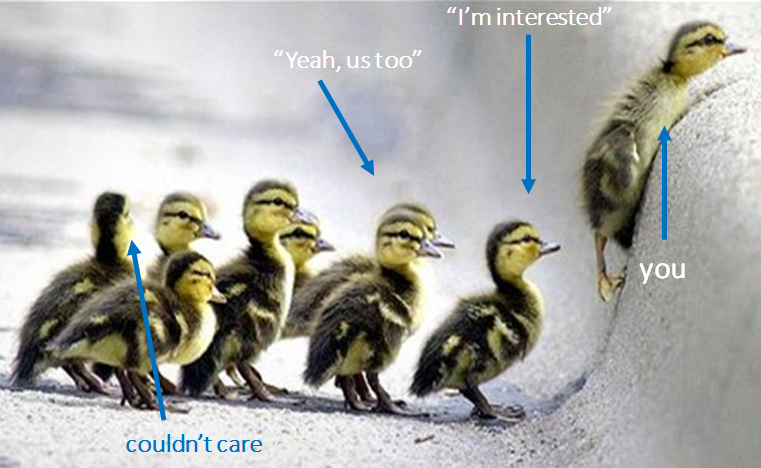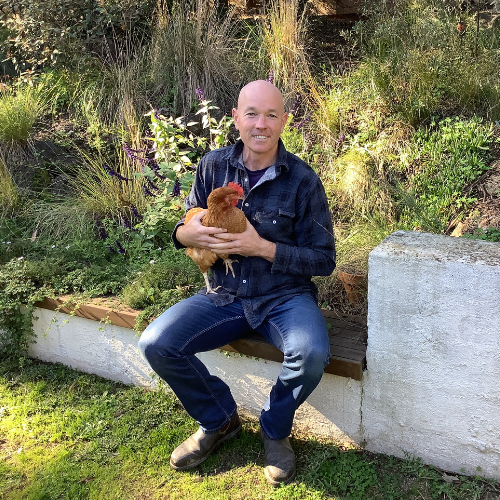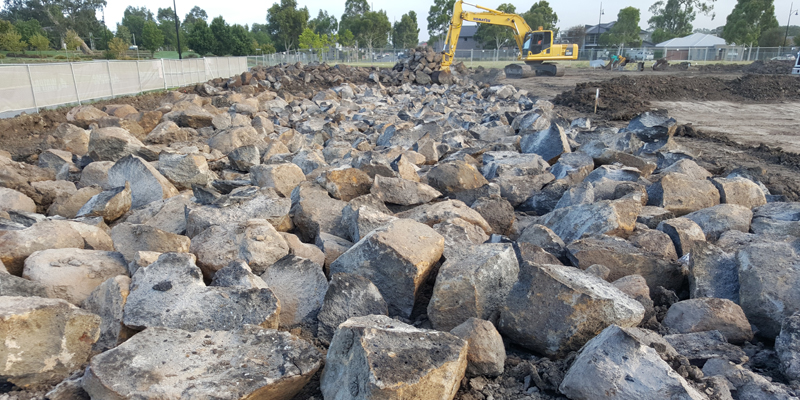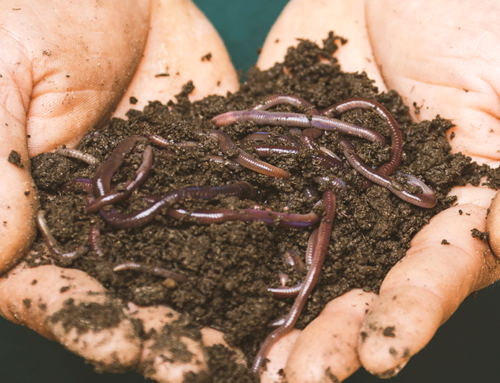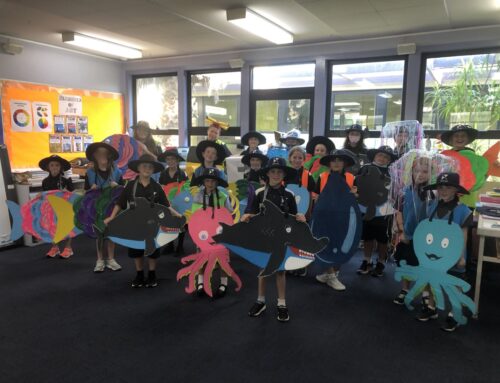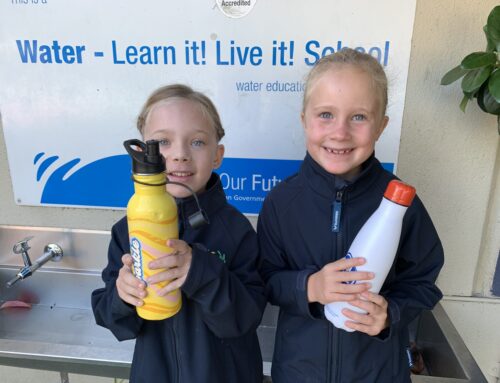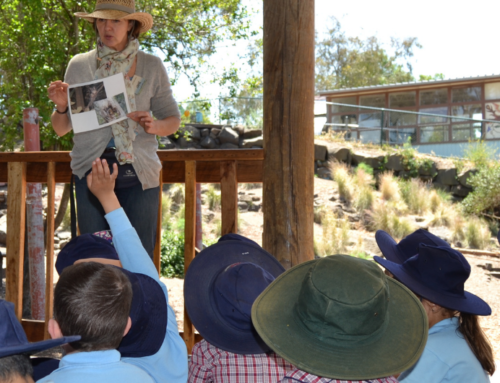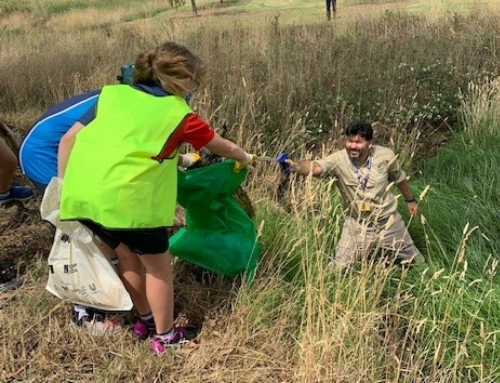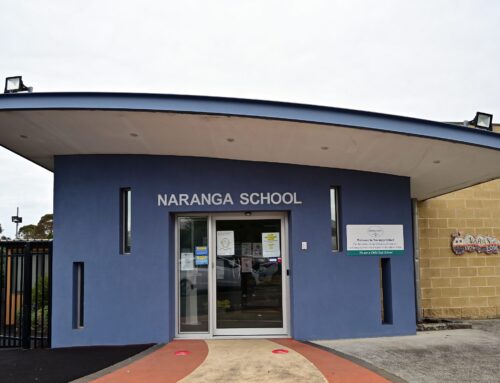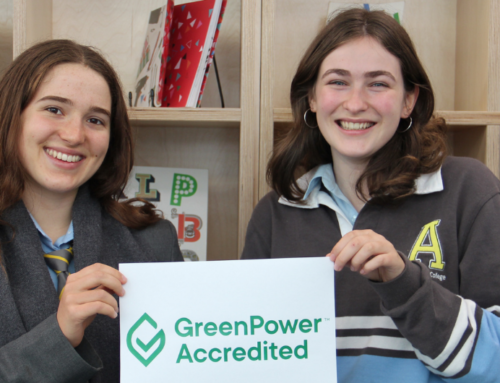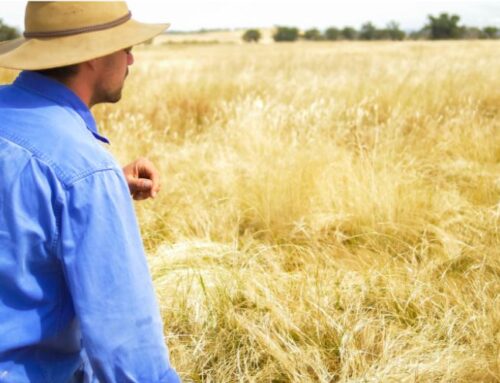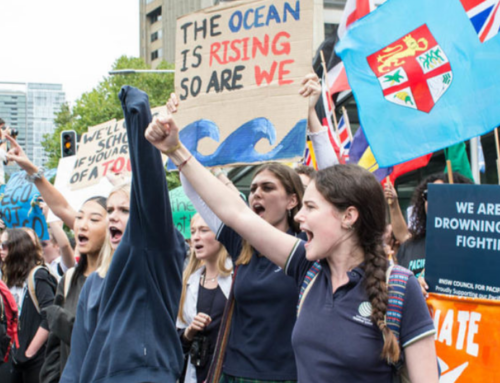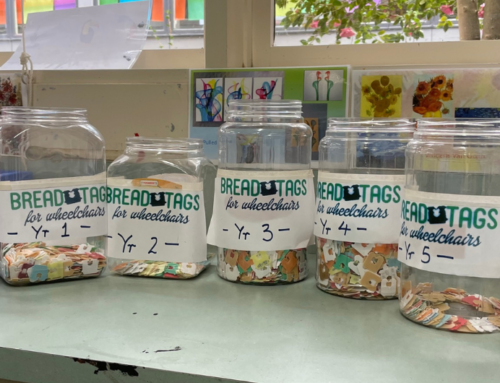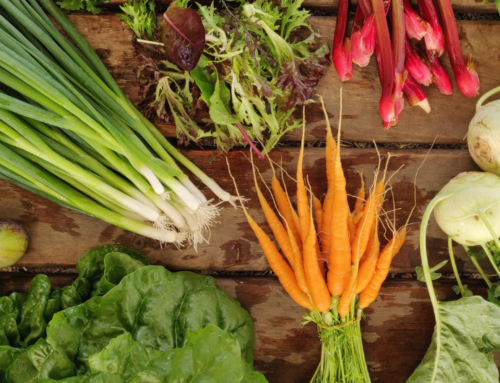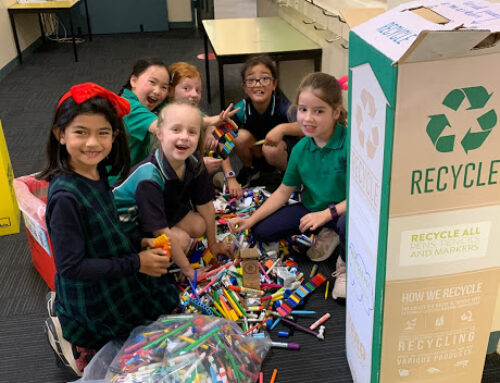February 2019
In this edition of ‘What Inspires Me’ we feature Aurora Ricci, Early Childhood Educator and Sustainability Officer at Barry Beckett Children’s Centre.
1. How did you first get started with environmental education?
I was born and raised in a small town in Tuscany. Memories of my childhood bring me back to simple concepts of nature, food and community. Running barefoot through the neighbour’s farms, picking and eating food straight from the land. Having big communal lunches and dinners where we shared knowledge and love. When I arrived in Melbourne in 2014, I went back to study Early Childhood Education in an attempt to retrieve those simple concepts and share it with our youngest citizens. However, there was something missing in the big city. I heard about Ceres and started to volunteer at Joe’s garden along the Merri creek. From there everything started to make sense and my passion for nature and education grew. Now I strive to protect and connect children to the land, sky and waterways as the aboriginal people had done for many years.
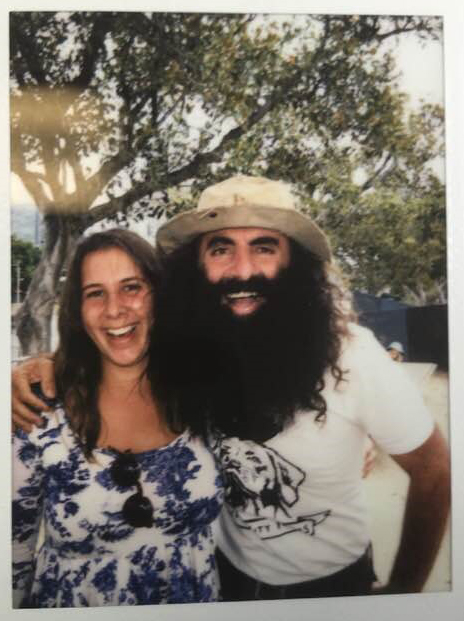
Aurora and Costa Georgiadis at the Great Local Lunch supporting local growers
2. What have been the biggest highlights of your journey so far?
The empowerment of the children. Last year at Barry Beckett Children Centre we focused on waste and plastic pollution. In the beginning the children were blinded by the amount of waste people produced and for a short period they couldn’t see the beauty behind those polluted environments. They knew that they had the power to change the world and so they started to clean up, to tell people to recycle and compost. They began to teach their parents the importance of protecting the land and to build solutions to protect the natural environment. They would come to me with big smiles saying that they started a compost or recycle, had been cleaning up the creek or they place some water for the birds in summer. They started to see the beauty again and all thanks to themselves.

Children at BBCC enjoying playing outside in muddy puddles
3. How do you engage with people that are not buying into the sustainability message?
Hard question. Small, achievable goals, I guess. Last year at Barry Beckett each room design their own SMART goal around sustainability. Anything simple that they would enjoy doing. So – make it fun as well. Staff didn’t like to empty the compost bucket. So, we made a challenge, sharing photos and videos of the staff doing it and time how long it would take.

Staff at BBCC during a composting challenge
4. Can you share a school sustainability project or story that you’ve heard about that stood out for you?
At Yarralea Children Centre staff applied for a grant to plant bush tucker around the yard. Each plant had a tag explaining the origin and its uses by aboriginal people.
I strongly believe that environmental sustainability goes hand in hand with social sustainability. One of my biggest goal is to achieve a sustainable reconciliation with the land and its original owners.

Working bee at BBCC making natural tunnels and planting some natives
5. What is your favourite environmental education resource for schools?
Recently I created a sustainability network for early childhood educators in the Moreland area. It’s always empowering to connect and share information with likeminded people. The EEEC biannual conference is an inspirational event. The professionals who work at Ceres and the Resource Smart program has been an exceptional guide throughout my sustainability educational journey. The Nature Pedagogy teaching model created by Clair Warden inspired me to teach and learn with nature inside, outside and then beyond in wilder spaces. However, my personal favourite resource is the Merri Creek.
6. If you could be a sustainability superhero, what name would you choose and what powers would you have to make the world more sustainable into the future?
Gaia. The ancestral mother of all life. The power would be of creating environments and interactions that inspire love for our home, Earth. A love and respect for the beauty of life and its diversity. A kind of love that make you strive to protect its integrity and inspire others to respect all human beings, the fauna, the sky, the land and beyond
Thank you Aurora for sharing your story!
Learn more about Barry Beckett Children’s Centre by visiting their website.

